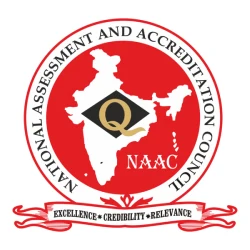It is a group of activities for creating value by converting input into outputs. It is also a practice of planning, controlling, organizing, and directing operations to attain efficiency in an organization. The main goal of operations management is to enhance the resources to help maximize efficiency within an organization. More importantly Operations Management helps to optimize Quality, Quantity, Time and Cost. The application of Operations Management in modern organizations is to Increase Revenue, Improve Collaboration, attain regulatory compliance, better positioning and overall improvements.
Career in Operations Management
All firms have processes, suppliers, and customers, so career opportunities for operations management professionals exist in every sector of the economy. Services firms in areas such as healthcare, information technology, and event/hospitality management (sports, arts, hotels, and restaurants), need planning, scheduling, and coordination just as much as producers of cars or home appliances. There are also opportunities with local/state/national government, non-profit organizations, consultants and specialist firms that handle operations and supply chain work outsourced from other firms.
What Type of Job Skills Will You Gain From an Operations Management Degree?
An operations management specialization will provide you with the skills you need to achieve your career goals in many industries. An example of the skills this degree provides includes:
- Planning and control of operations
- Sustainable supply chain management and logistics
- Managing queues for service operations
- Revenue management
- Decision making and simulation
- Six-Sigma quality implementation
- Data mining for business
Prof. Ritu Chakraborty
Assistant Professor – Operations
For more information in our other Managment Courses, visit the following course details:















